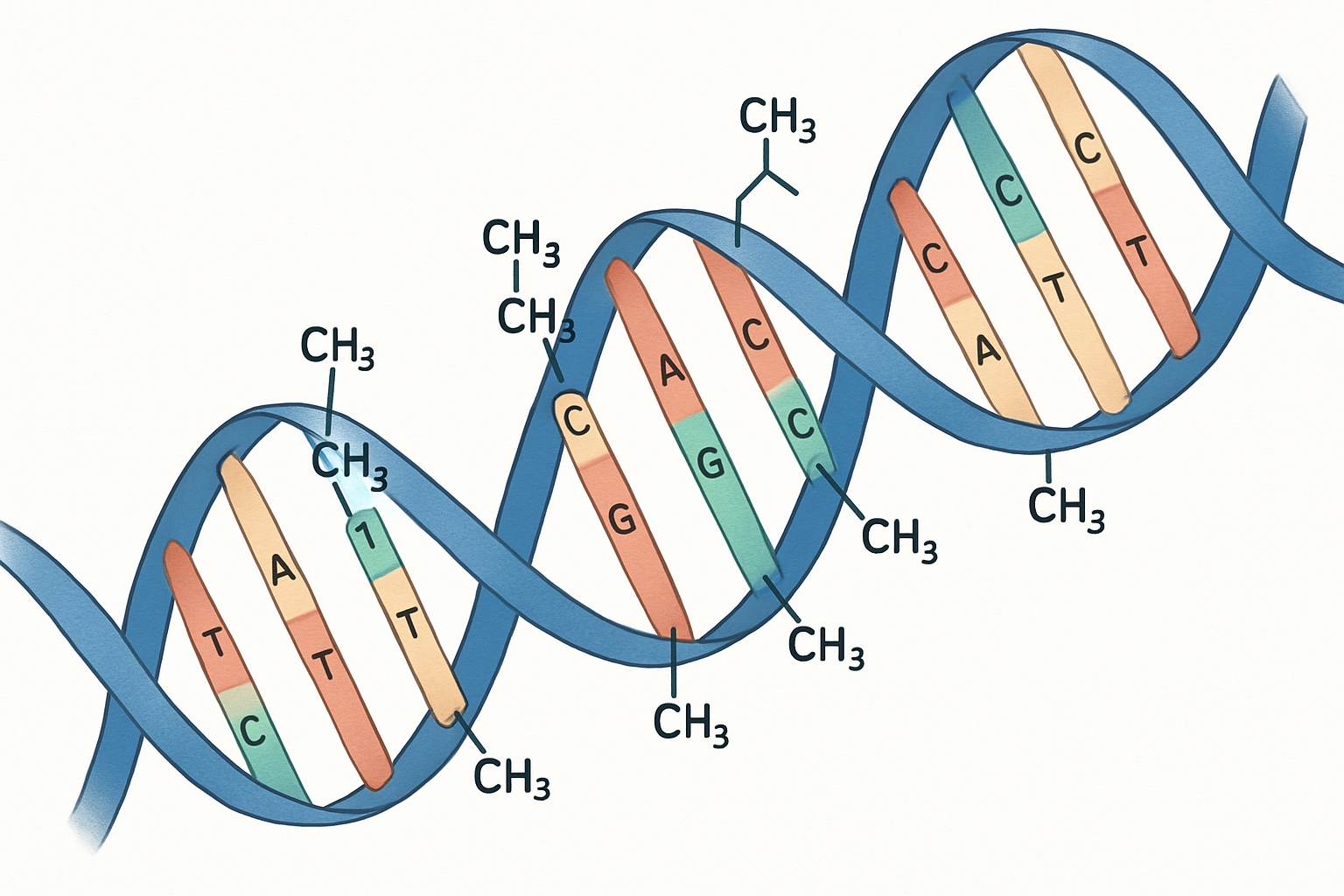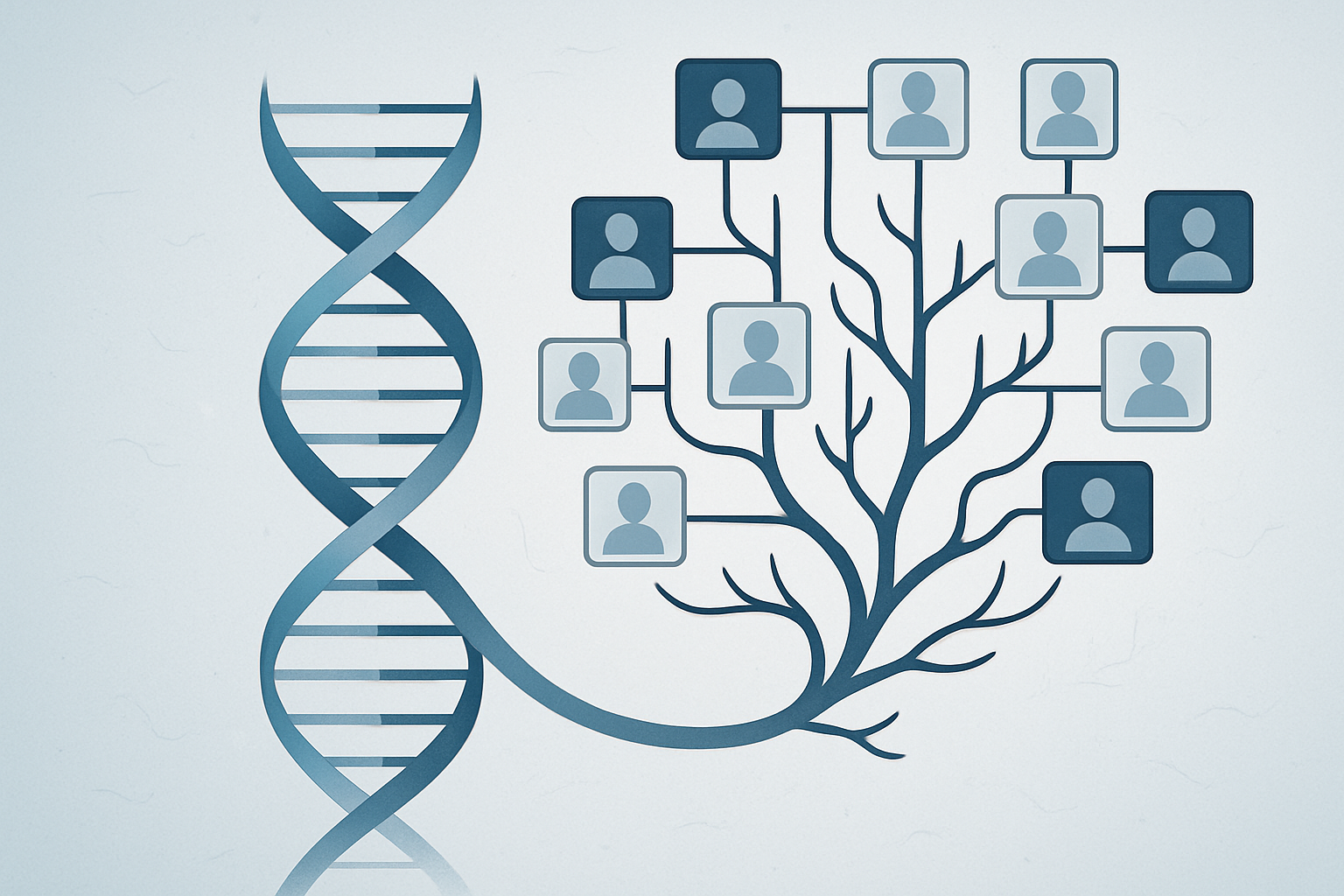What are Accountability Mechanisms in Forensic Science?
In forensic science, accountability mechanisms refer to the formal policies, procedures, and systems established to ensure that laboratories and individual practitioners are responsible, competent, and ethical in their work. Because forensic findings can have profound impacts on justice and public safety, these mechanisms are crucial for maintaining the integrity, reliability, and public trust in forensic evidence.
Why Are Accountability Mechanisms Crucial?
The results of forensic analysis can lead to a person’s conviction or exoneration. Therefore, the work must be held to the highest possible standard, free from error and bias. Accountability mechanisms are not just bureaucratic hurdles; they are essential safeguards that:
- Promote high-quality, reliable, and reproducible results.
- Ensure legal and scientific standards are met.
- Provide a framework for addressing errors and improving practices.
- Foster confidence in the criminal justice system.
Key Accountability Mechanisms in Forensics
The forensic science community relies on a multi-layered system of accountability. The most essential mechanisms include:
- Laboratory Accreditation: Forensic laboratories voluntarily undergo rigorous assessments by an external accrediting body (like ANAB in the U.S.) to demonstrate competence and compliance with international standards, such as ISO/IEC 17025.
- Individual Certification: Forensic scientists can seek personal certification from professional boards, which verifies their knowledge, skills, and experience in a specific discipline.
- Standard Operating Procedures (SOPs): Every accredited lab maintains detailed, written SOPs for each analytical method. Scientists must follow these procedures exactly, and any deviation must be documented and justified.
- Proficiency Testing: Scientists are regularly given “blind” samples to test. Their results are compared against known outcomes to verify their ongoing competence and the reliability of their methods.
- Audits: Laboratories undergo regular internal and external audits to ensure they are complying with their own SOPs and accreditation standards.
- Code of Ethics: Practitioners are expected to adhere to a strict code of professional ethics, such as those established by the American Academy of Forensic Sciences (AAFS).
- The Adversarial Legal System: The courtroom itself is a powerful accountability mechanism. During testimony, a scientist’s qualifications, methods, and conclusions are subject to scrutiny and cross-examination by the opposing counsel.







